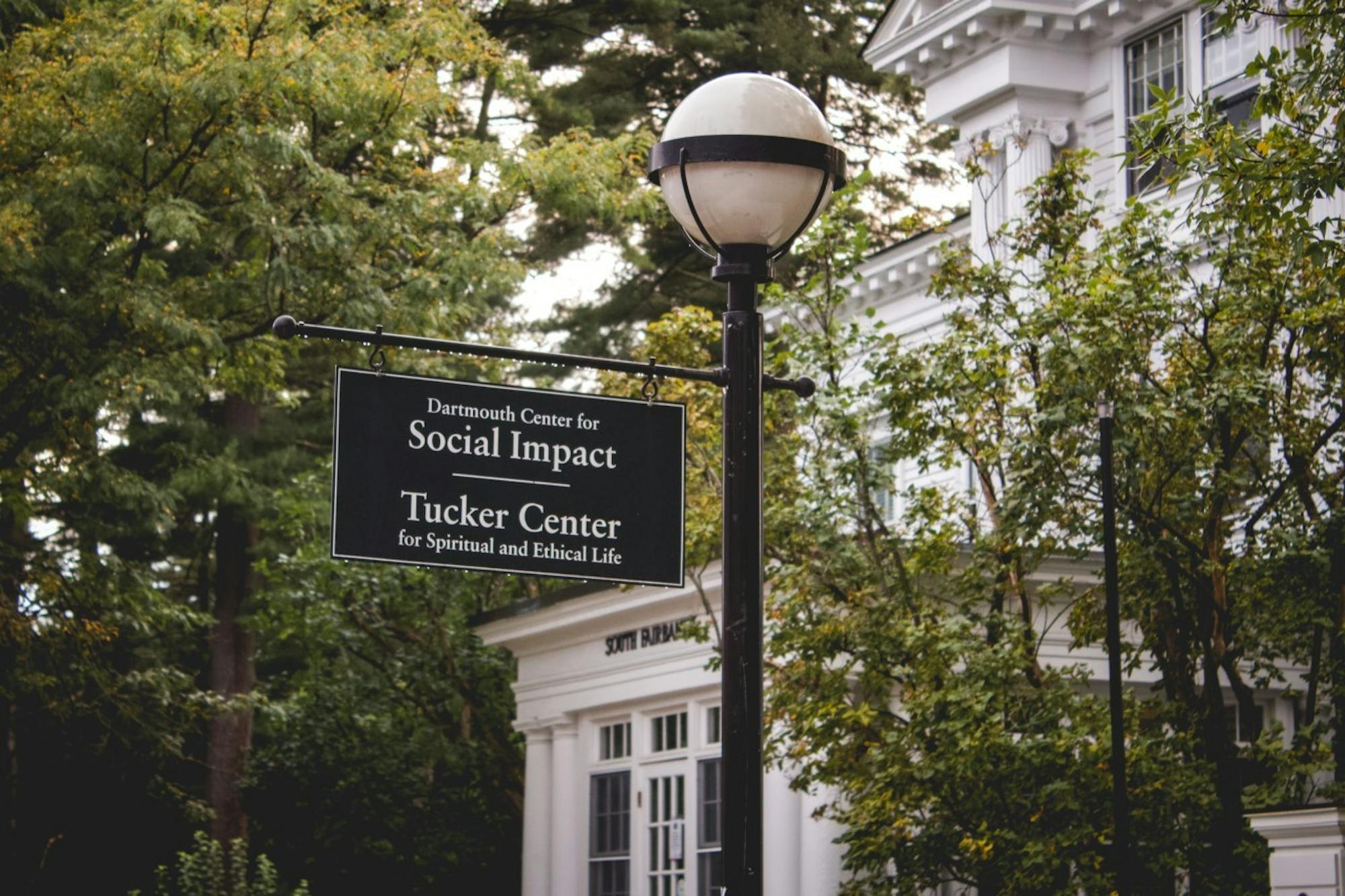The Tucker Center for Spiritual and Ethical Life and the Native American Program are currently operating without directors, following the departures of former dean and chaplain Daveen Litwin and former director and assistant dean Sarah Palacios, respectively. Associate dean for community life and inclusivity Bryant Ford is providing support for these programs while the College searches for a new chaplain and director, respectively, he wrote in an email statement.
Ford wrote that he is in the process of searching for a new individual to serve as director and chaplain for the Tucker Center, adding that he plans to begin the search for a new director of NAP soon.
“The NAP and Tucker Center remain important and valuable resources for Dartmouth, and we are working diligently to fill the vacancies,” Ford wrote.
The Dartmouth reported in July that Litwin, one of the few confidential resources on campus, had left the College earlier that month, along with the news that former Dean of the College Katheryn Lively resigned. The Office of Greek Life, too, is operating without a permanent director or program manager, The Dartmouth reported last week. Ford declined to comment on the departures of Litwin, Palacios and former NAP assistant director Shelbi Fitzpatrick ’19.
In an emailed statement, interim Dean of the College Scott Brown wrote that the roles currently vacant in the programs are “very important roles in supporting our students and enhancing our community.”
Some students have expressed dismay at the lack of leadership at the Tucker Center. Diana Alvarado ’22 worked at the Tucker Center as a student assistant for community engagement her sophomore year. Although she no longer works at the Center, she said that she is “disappointed” by the lack of resources and the College’s lack of communication about Litwin’s departure.
“The College has not communicated anything to students, [and] we don't have a chaplain anymore — which is particularly dangerous in my opinion because the chaplain is one of very few confidential resources on campus,” Alvarado said. “[During] freshman orientation, [they tell you] that the Chaplain is an important confidential resource. This is very important information for the health and safety of students, but what are students to do if there is no chaplain?”
Other students who work with the NAP have expressed concerns about the program’s capacity to provide services to Indigenous students. Logan Reano ’23, an Indigenous peer advisor, said that although news of Palacios and Fitzpatrick’s departures “was communicated” to the community, he felt that a lot of people were not “held in the loop” regarding the news. Furthermore, he noted that Palacios was originally supposed to take a sabbatical, but the duration of the sabbatical was “never communicated to the community” — which affected how he would serve freshmen as a peer advisor.
“I definitely think that whenever [Palacios and Fitzpatrick] had left, it left a big gap in the community,” Reano said. “[It] left a lot of people without a lot of directionality for how to take on certain programs like the Indigenous peer adviser position. We’re still trying to catch up with that right now — trying to get the programming down and getting other organized events happening for the ’25s who we work with.”
Michael Hanitchak ’73, who directed the Native American Program from 1995 to 2008, will be returning to the NAP as student advisor on Sept. 28, according to an NAP newsletter.
Despite the changes in leadership, many students stress the importance of these programs. Tucker Center volunteer Samantha Palermo ’24 said that the Tucker Center is a “really important, integral part of my life at Dartmouth,” noting that the center has allowed her to “see through the eyes of somebody else’s [religion], which is absolutely invaluable.”
Reano said that the NAP is “a lot bigger than just a program,” and provides a safe space for Indigenous students.
“[The NAP] definitely does have to do with family and the ideas of kinship that are very important to a lot of Indigenous communities,” he said.




